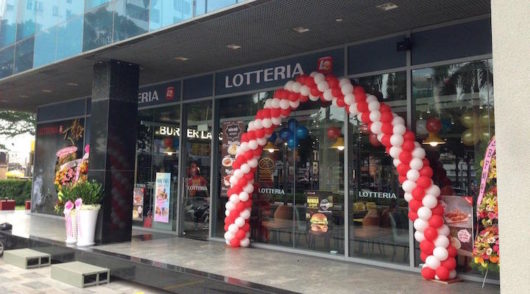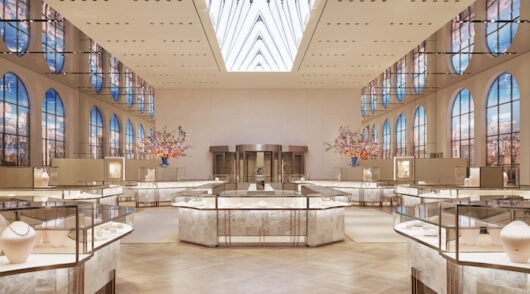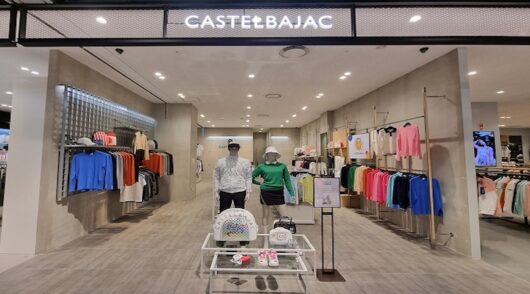A 30.9 per cent leap in sales resulted in a record US$10.6 billion in revenue for the Korean duty-free industry last year.
While this was $2.5 billion more than in 2015, when duty-free sales were hit by MERS from July to October, sales growth is expected to slow to between 10 and 15 per cent this year – assuming foreign tourist numbers (primarily from Mainland China) continue to grow, reports Travel Retail Business.
Senior sources in Seoul say duty-free purchases by tourists reached $7.6 billion, accounting for 72 per cent of South Korea’s total $10.6 billion retail purchases last year. This result includes contributions from all airport, seaport and downtown shops (including internet) sales and “domestic duty-free” sales on Jeju Island, but excludes inflight duty-free sales.
Purchases by South Korean travellers came in at $2.9 billion last year, equivalent to 28 per cent of the national duty-free revenue total. This was an increase of 9.7 per cent, compared to a rise of about 40 per cent in sales to foreign tourists, of which about 80 per cent were Chinese.
Industry figures show that 20.6 million foreign visitors bought duty-free products in South Korea last year – a rise of 28 per cent over the previous year. In addition, 27.9 million South Koreans bought duty-free goods, up 13.6 per cent.
Strongest category
Perfume and cosmetics is still South Korea’s largest duty-free category, accounting for more than half of sales. Lotte Duty Free had total sales of $5.7 billion, of which perfume and cosmetics accounted for almost $3 billion.
Hotel Shilla Duty Free came in next with total sales of $2.6 billion, excluding its HDC Shilla JV in Seoul.
Meanwhile, some perfume and cosmetics brands as well as luxury goods brands have started to limit volumes sold to individual customers, insiders saying there are growing suspicions among suppliers that not all these purchases are for personal use.
“Many people are saying a significant ratio of purchases are by surrogate shoppers,” says one source. “As foreign brands begin to withdraw from China, mainland tour companies are sending tourists to buy luxury-branded goods and pay them a commission for buying.
“The travel companies collect these products for re-sale in China, as there is a 30 to 40 per cent price gap between South Korea and China because of the luxury-goods tariffs. Chinese wholesalers organise these buying trips. They’re common now.”
Foreign visitors are the major customers in South Korea’s downtown duty-free stores, spending $6.4 billion last year – five times the value of foreign traveller purchases ($1.1 billion) in airport duty-free shops. South Korean customer purchases were divided equally between downtown and airport shops, with spending reaching $1.3 billion in downtown stores and $1.2 billion in international airport shops, plus almost $500 million in Jeju Island’s domestic airport and seaport duty-free shops.
New stores
Downtown stores in Seoul have been opened over the past 18 months by Doota (Doosan), Hanwha Galleria, HDC Shilla, Shinsegae Duty Free and SM Duty Free, with another four scheduled to open this year. Lotte has just reopened its Lotte World Tower store after winning a new downtown licence.
Meanwhile, competition has increased because of the government’s policy to increase the number of duty-free operator licences so as to reduce the conglomerates’ dominance of the market. However, insiders say more than 30 per cent commission is being paid to travel agents sending tour groups to duty-free shops, which small companies and new starters cannot afford.
Another problem for the industry is the deterioration in South Korea’s diplomatic relations with China.
This follows Beijing’s protests that Seoul’s proposed US-backed THAAD missile defence system infringes on China’s security, leading to a dramatic reduction of Chinese visitor arrivals in both November and December being reported by the Korea Tourism Organization.
“South Korea’s duty-free market should be increasing by 10 to 15 per cent this year,” says a source, “but already in January we are losing the group tour market.”






